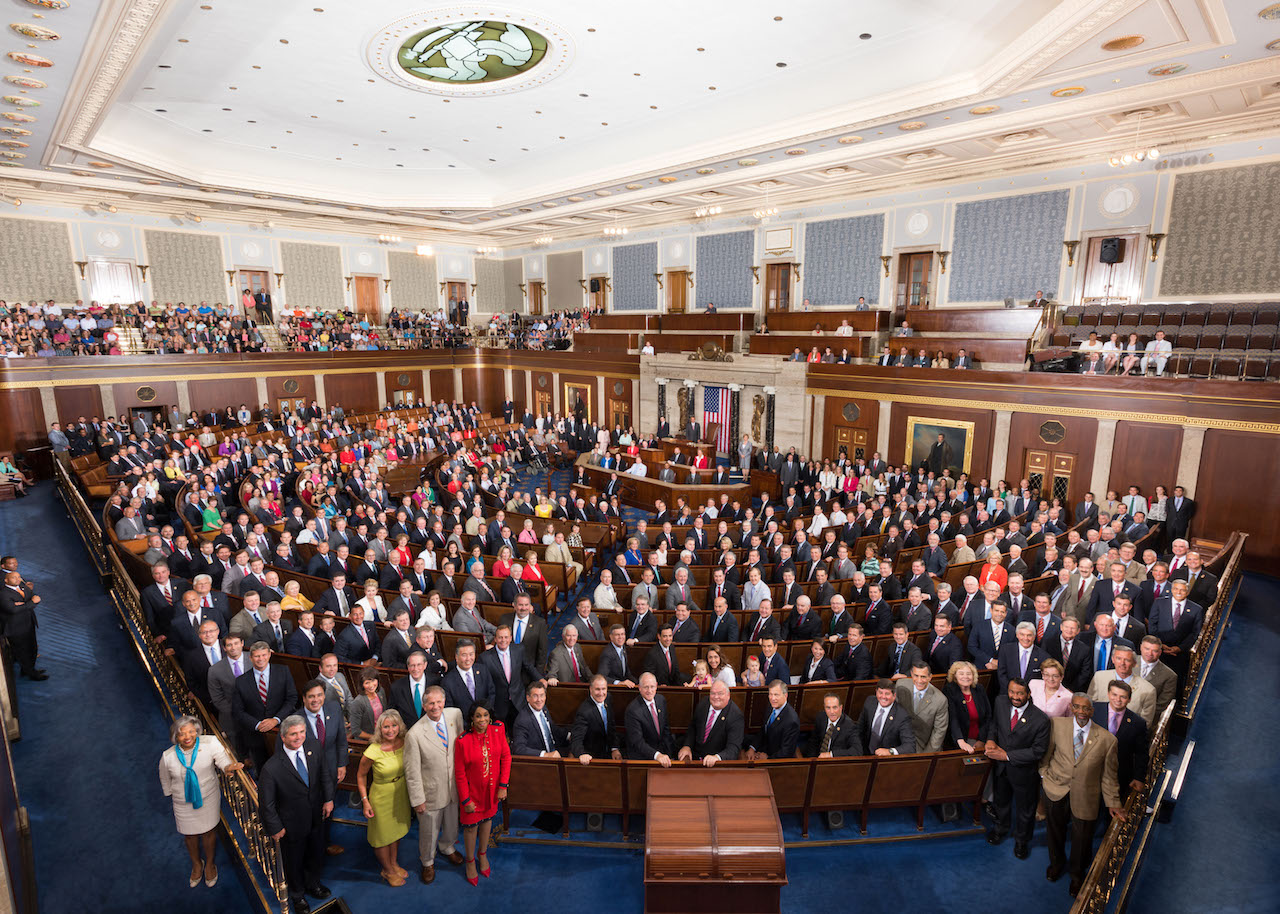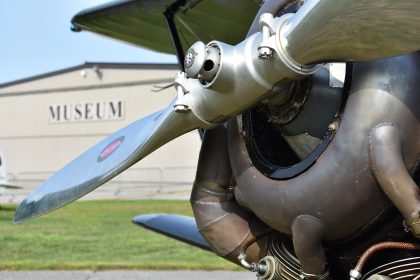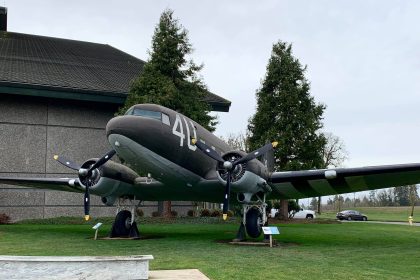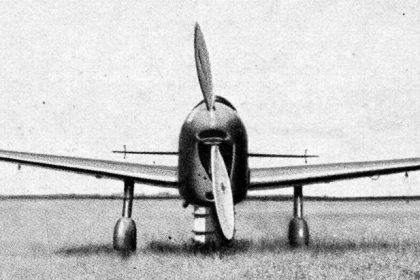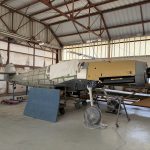The Aviation Innovation, Reform, and Reauthorization (AIRR) Act introduced in the House of Representatives today is being touted as a plan for the future of U.S. aviation, but it could create dire consequences for the future of personal recreational flying in our nation, according to the Experimental Aircraft Association.
The legislation (H.R. 4441) is a six-year reauthorization of the Federal Aviation Administration, but would spin off air traffic control services into a private not-for-profit corporation that would be administered by an independent board of directors. The bill’s co-sponsors – Rep. Bill Shuster (R-Pennsylvania), chairman of the House Transportation and Infrastructure Committee, and Rep. Frank LoBiondo (R-New Jersey), chairman of the House Aviation Subcommittee – claim that the legislation will improve efficiency, lower costs, and create better technology solutions for the growing aviation community.“EAA supports a stable, predictable funding mechanism for the national airspace system, but we oppose this bill as it is now written,” said Jack J. Pelton, EAA CEO and chairman. “To be fair, there are some good things in the bill for general aviation, which the bill’s co-sponsors say address GA concerns. In particular, that includes the prohibition of user fees, the reintroduction of aeromedical reform as originally intended, certification reform, and additional FAA authority to help deploy a future high-octane unleaded fuel.“What is also part of the bill, however, is an ATC governance structure that heavily favors airlines and commercial interests, and creates real threats to the services that keep America’s air traffic system the safest and most effective in the world. ATC privatization carries the real possibility of putting GA in the ‘big squeeze’ regarding fees, services, airport access, and the individual freedom to fly for grassroots and recreational flying.”
Among EAA’s many concerns with the legislation are:
- Minimal GA input on airspace and access issues: In a privatized system, decisions and priorities are economically driven by those with the deepest pockets. With two seats on an 11-member governing board for the privatized ATC corporation, it would be impossible to adequately represent the broad diversity within general aviation. GA’s voice would often be overwhelmed by a board majority aligned with airlines and commercial aviation interests.
- Threats to small, local airports: Most GA flights originate and land at local airports. Safety and efficiency improvements at local airports without commercial service could easily be ignored. In addition, if the corporation’s revenue is lower than expected, services to small, rural airports and to general aviation would likely be the first to be reduced or eliminated.
- No civilian input in case of national emergency: After 9/11, the FAA was the only government entity that reminded everyone that the airspace belongs to the people and made sure that GA was included in the re-opening of the airspace despite opposition from security minded entities. There is no such guarantee under a privatized ATC corporation that would be subject only to the nation’s security agencies.
- An extra layer of bureaucracy: A privatized corporation still takes funding to operate. The FAA would still exist as a safety agency, but would have to coordinate with another entity at all air operations levels. That creates more bureaucracy, not streamlined efficiency.
- Loss of Congressional oversight: There would be no checks-and-balances system in place to ensure that the ATC corporation operates fairly, safely, and that its funds are spent wisely for the benefit of all in our public airspace system. This has been a major point of contention from the leadership of the appropriations committees in both the House and Senate, who have already stated their opposition to ATC privatization.
- Questions about aeromedical reform: While the bill includes aeromedical reform language as originally intended, there are concerns that the language would become a bargaining chip during debate on the bill. EAA is already continuing its efforts on behalf of the Pilot’s Bill of Rights 2 in the House.
“Those involved in recreational and grassroots flying should be worried about this legislation,” Pelton said. “We already have a funding mechanism in place that will work if the FAA is properly reauthorized and funded. Any major change has to be carefully considered as to the impact on all users because fees and costs are just a small part of the puzzle. This new proposal would make it very easy for moneyed interests to roll over the freedom of all individuals to fly.”
EAA is continuing its detailed review of the bill after Wednesday’s announcement of the AIRR Act, and will update its members and grassroots aviators as developments occur, especially if their voices are needed to contact their congressional lawmakers.
About EAA
EAA embodies the spirit of aviation through the world’s most engaged community of aviation enthusiasts. EAA’s 190,000 members and 1,000 local chapters enjoy the fun and camaraderie of sharing their passion for flying, building and restoring recreational aircraft. For more information on EAA and its programs, call 800-JOIN-EAA (800-564-6322) or go to www.eaa.org. For continual news updates, connect with www.twitter.com/EAA.







